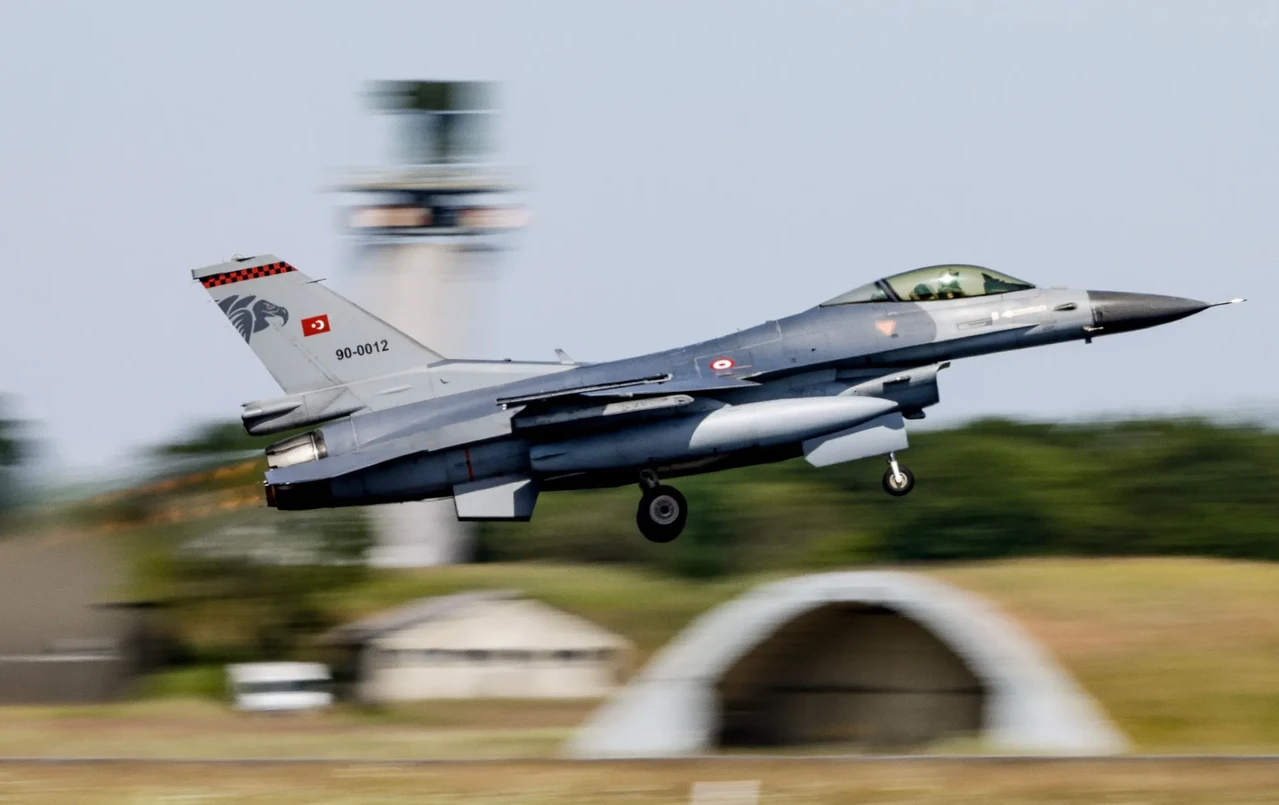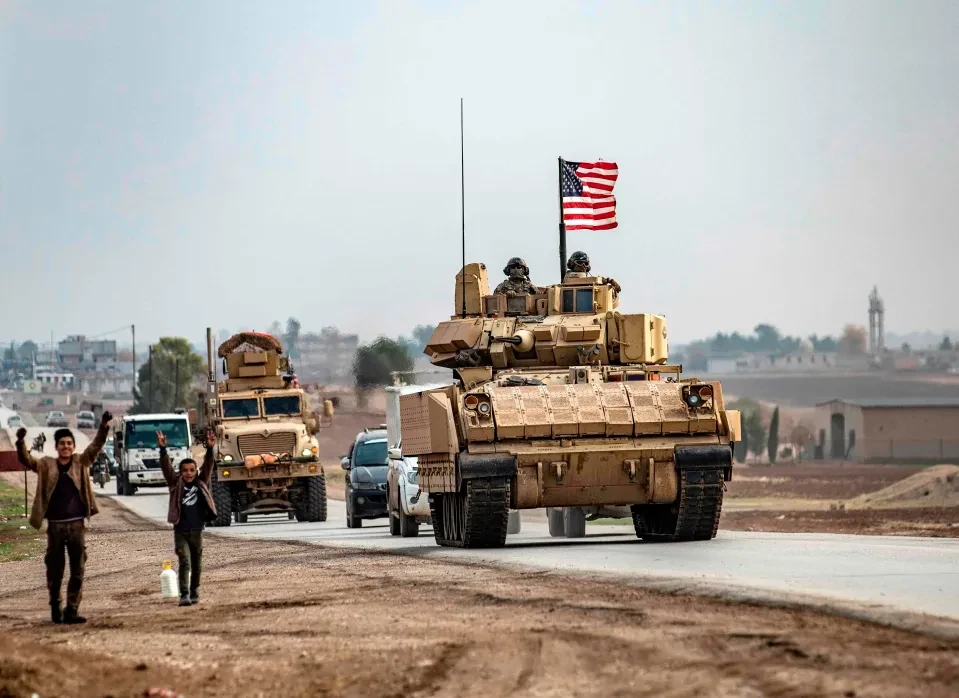EU defense strategy sparks debate over Türkiye’s role in joint projects
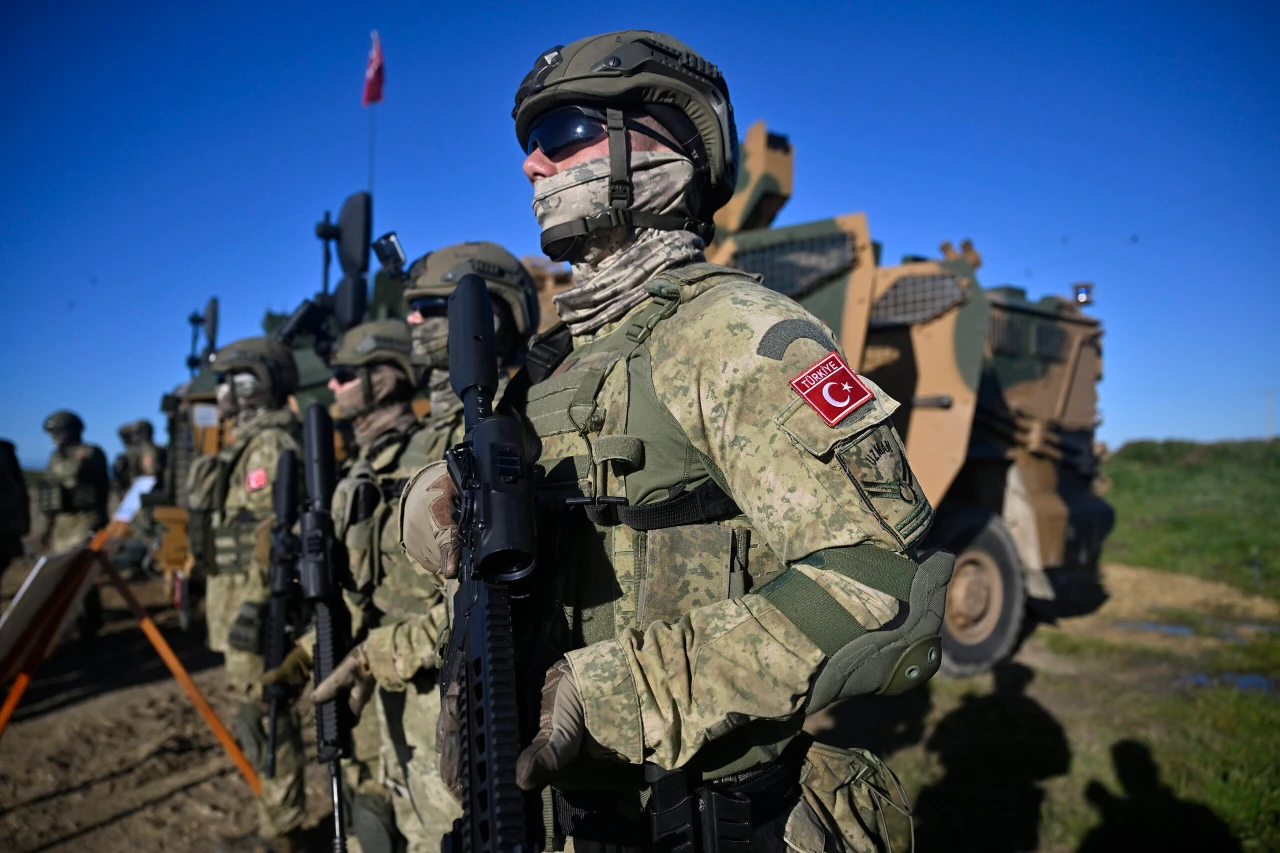 Turkish soldiers at NATO's largest annual maritime drill, Exercise Dynamic Mariner / Flotex 25, in the Gulf of Cadiz off southern Spain on March 28, 2025. (AA Photo)
Turkish soldiers at NATO's largest annual maritime drill, Exercise Dynamic Mariner / Flotex 25, in the Gulf of Cadiz off southern Spain on March 28, 2025. (AA Photo)
As the European Union seeks to strengthen its defense autonomy amid shifting trans-Atlantic dynamics, the role of NATO ally and EU candidate country Türkiye has become a key topic of debate in Brussels.
Following growing uncertainty over the U.S. commitment to European security—particularly under the administration of U.S. President Donald Trump—the EU is pursuing a new defense vision.
Central to this effort is the White Paper announced on March 19 by the European Commission, outlining plans to boost defense spending and joint production by 2030.
Accompanying the strategy is the proposed Strategic Technologies for Europe Platform (SAFE), a €150 billion ($170.58 billion) financing mechanism aimed at enhancing joint defense capabilities.
SAFE includes provisions for EU member states, EFTA countries, Ukraine, and notably, candidate countries such as Türkiye.
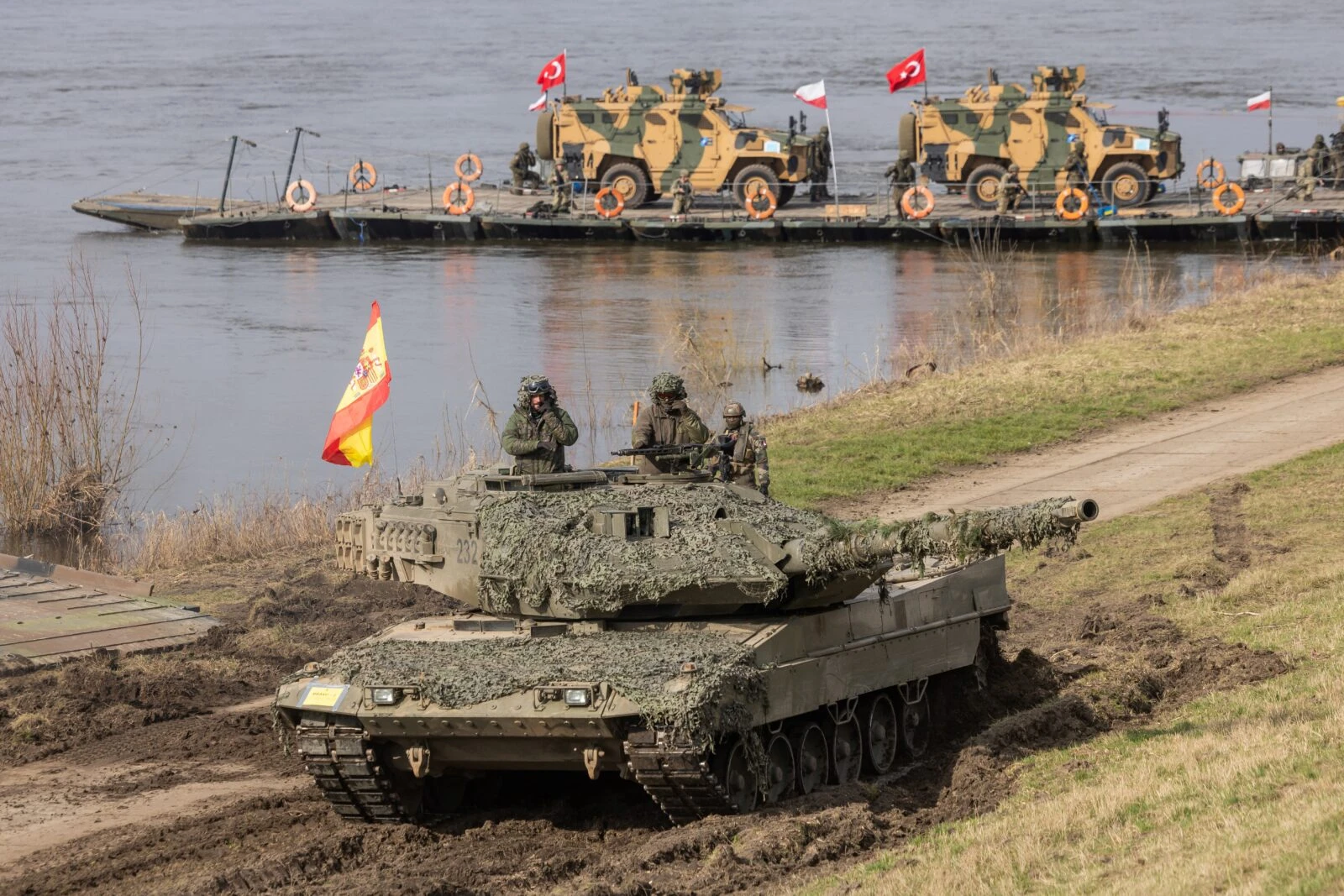
Türkiye’s participation faces mixed reactions
European Commission defense spokesperson Thomas Regnier clarified that non-EU countries, including Türkiye, may participate in joint defense procurements for up to 35% of a product’s value.
Exceeding that threshold would require a Security and Defense Partnership Agreement followed by a formal partnership agreement with the EU.
“Countries like Türkiye can immediately contribute up to 35% of a defense product. To exceed this level of industrial participation, a Security and Defense Partnership and a subsequent agreement are necessary,” Regnier stated.
Regnier also reiterated that while associated countries can co-procure defense systems with EU members, they are ineligible for EU credits under SAFE.
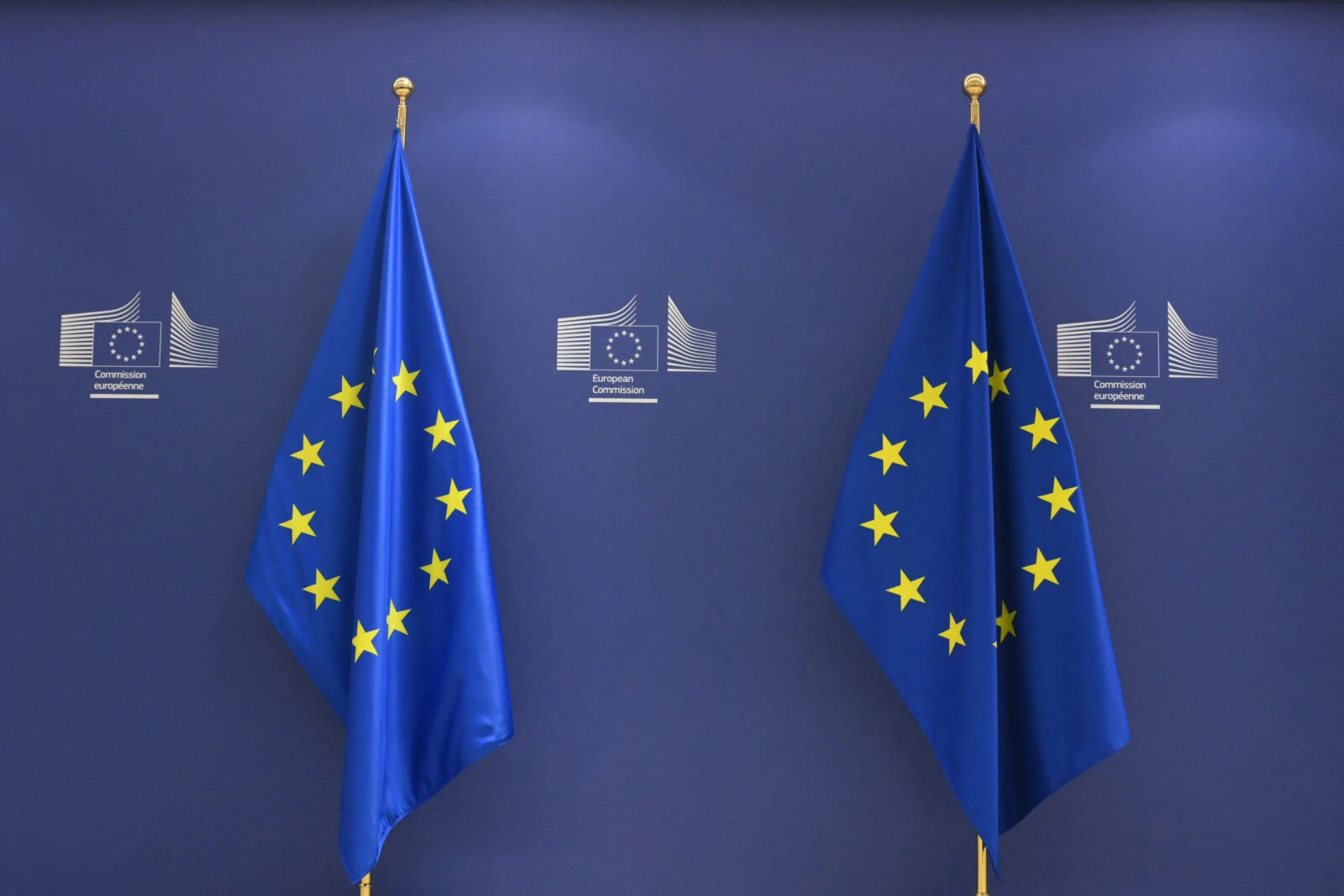
Greece expresses concern over Türkiye’s involvement
According to diplomatic sources, Greece is reportedly uncomfortable with the potential inclusion of Türkiye in SAFE. It is expected to propose stricter participation criteria during negotiations.
EU member states must approve the SAFE regulation by a qualified majority, while any formal defense partnership with a third country, such as Türkiye, requires unanimous consent. Regnier declined to comment on Greek lobbying efforts related to Ankara’s inclusion.
Expert: Türkiye an asset in drone technology
Ester Sabatino, a military analyst with the International Institute for Strategic Studies (IISS) based in Berlin, told Anadolu Agency that Türkiye has made significant strides in defense production.
“I think Türkiye has done an excellent job in recent years. It has made major investments in the development of its defense industry. In this regard, it has gained particular expertise in the production of unmanned aerial vehicles (UAVs). This is also something that European countries want to focus on significantly. At this point, there is a need for such production in Europe. There aren’t many UAV manufacturers in Europe,” said Sabatino.
“Türkiye could be a valuable partner. But unfortunately, everything is becoming overly politicized. Still, at the EU level, there’s a growing awareness that it’s no longer possible to rely on the U.S.,” she added.
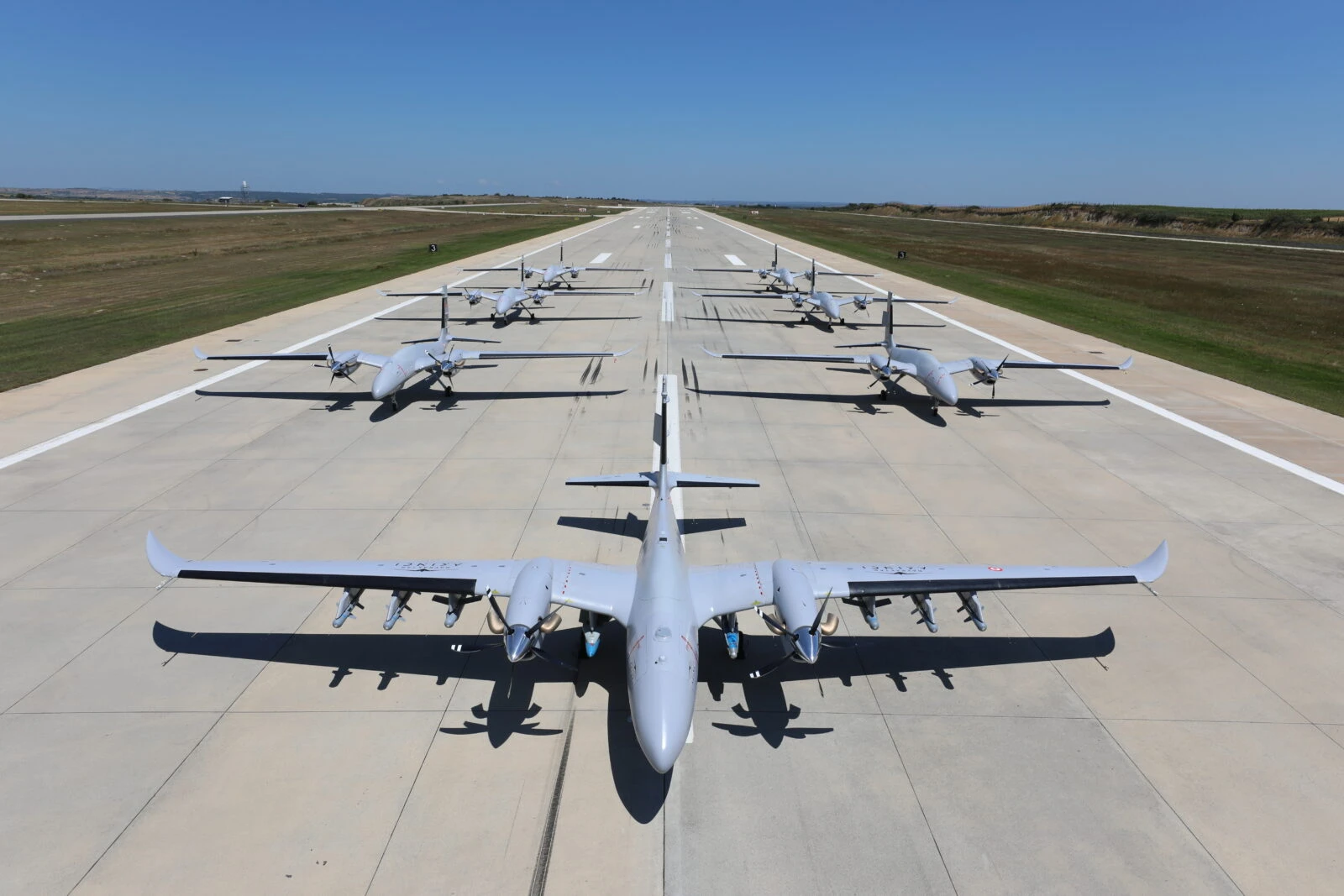
Recommendation: Create a legal firewall for Turkish companies
Sabatino suggested that Turkish companies could participate more easily in EU-funded projects by establishing subsidiaries in Europe with distinct governance.
“In fact, what I see for Türkiye is this: if Turkish companies establish a kind of ‘firewall’ within EU territory, they could more easily be involved in projects. This means the management of the companies needs to be separated. A subsidiary set up in Europe, separated from the original company’s management, should be considered a European company,” she said.
If there are Turkish companies located in EU territory with this kind of separation in management, their participation in the 35% share would become easier,” she added.
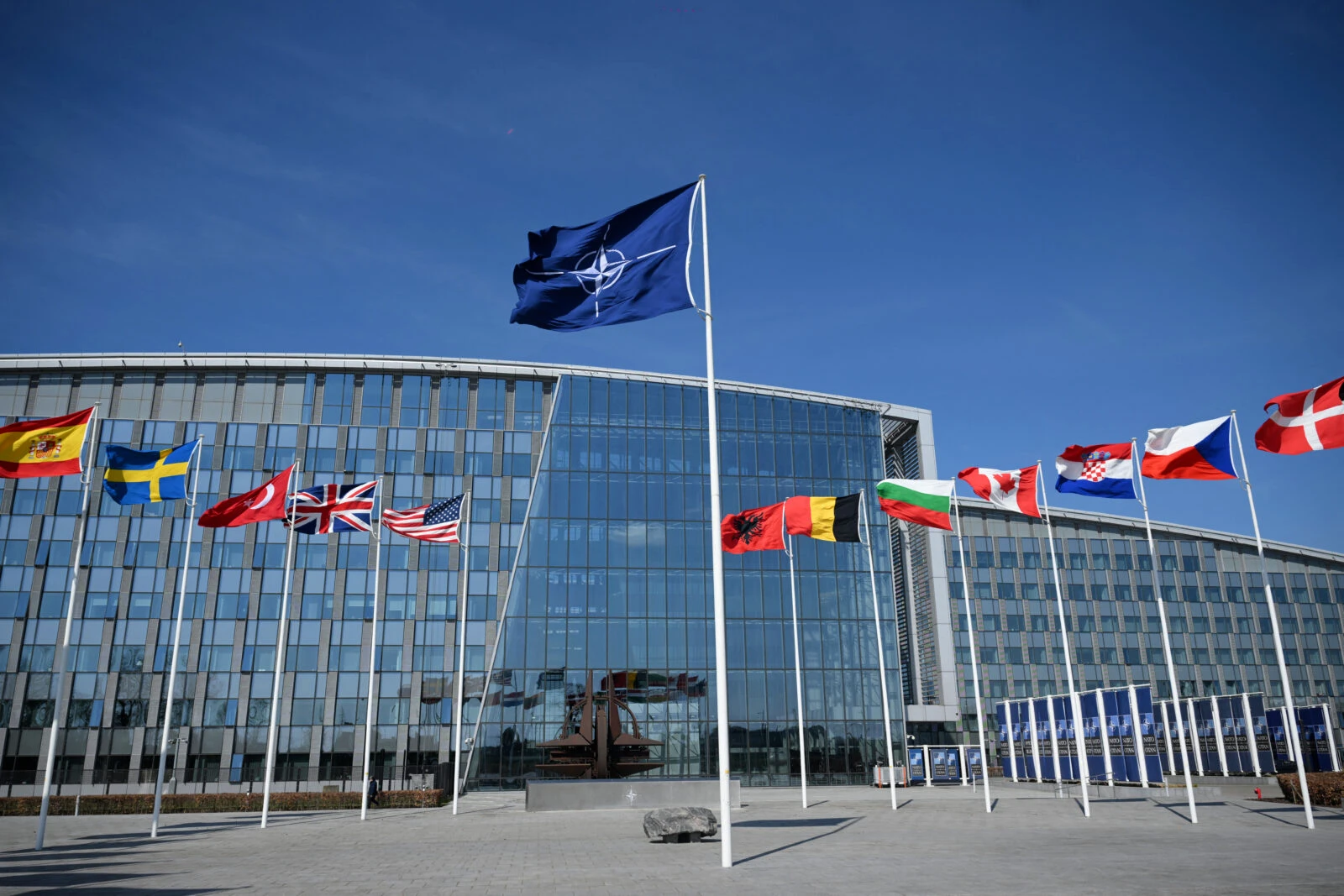
NATO Summit and future defense landscape
Sabatino emphasized that the upcoming NATO Summit in June will include key political discussions on European defense. Should U.S. support for Europe’s security wane further, the EU may face increased pressure to invest and cooperate more deeply at the industrial level.
This shift could pave the way for broader involvement of Turkish firms in joint projects.
“There is growing awareness that relying solely on the U.S. is no longer sustainable. If that becomes clear, there will be more room for Türkiye’s participation,” Sabatino concluded.


